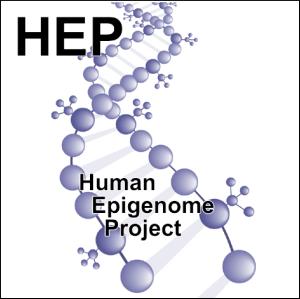Economic Impact
Although this new field of biology is a very promising and humble one, it is also a very expensive one. If epigenetic work is to continue, many observers say that technology will have to advance too. Additional improvements in high-throughput technologies, analytical techniques, computational capability, mechanistic studies, and bioinformatic strategies must occur. (Citation-2)
Human Epigenome Project In December 2005 a group of 40 international scientists publicly proposed a U.S. Human Epigenome Project to complement a European project of the same name launched in 2003. Project organizers are now compiling a detailed proposal, with budget estimates and a timeline.The goal of these two groups is to comprehensively map DNA methylation and histone modification processes to reveal epigenetic causes in diseases. If the Human Epigenome Project is a success, healthcare all around the world would be cheaper and more efficient. (Citation-2)
|  |
Social Impact Is it safe? Society must keep in mind the fact that Epigenetics is a very recent breakthrough compared to other biology fields. With that said, error is bound to happen. For example, suppose scientists were able to exploit 1 of the 2 epigenetic mechanisms. An alteration in the gene silencing or activation in one part of a tissue is bound to cause a tremendous chain reaction throughout the rest of it.(Citation-5) Only through countless trials and errors will this field of biology show signs of real progress. Question is, is it worth investing in such a new field, when results aren't bound to happen anytime soon? |
 |
How are clinical trails with Epigenetic drugs progressing?
Again, society must keep in mind how young this field is. Many of the clinical trails for Epigenetic drugs are merely in the first or second phase. Additionally, the clinical trails themselves don't seem too promising for the general population. For example, Syndax Pharmaceuticals has developed HDAC inhibitors that are given orally to their patients.(Citation-16) This drug has been showing promising results, but has only been tested on approximately 250 patients- a number not high enough for assumptions to be made. We must be patient and progress slowly in order to advance in Epigenetics.